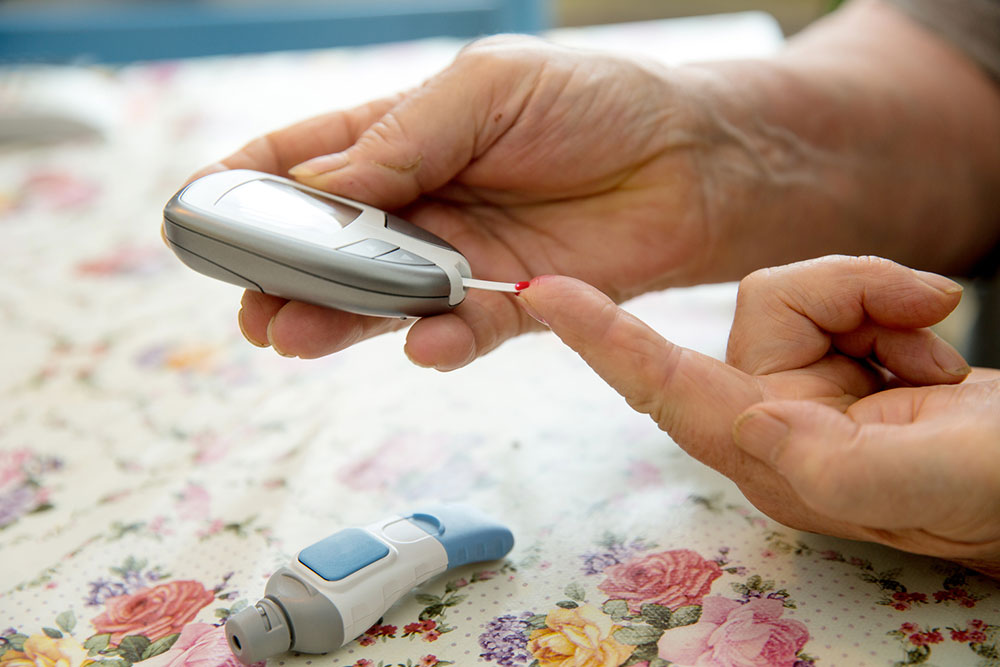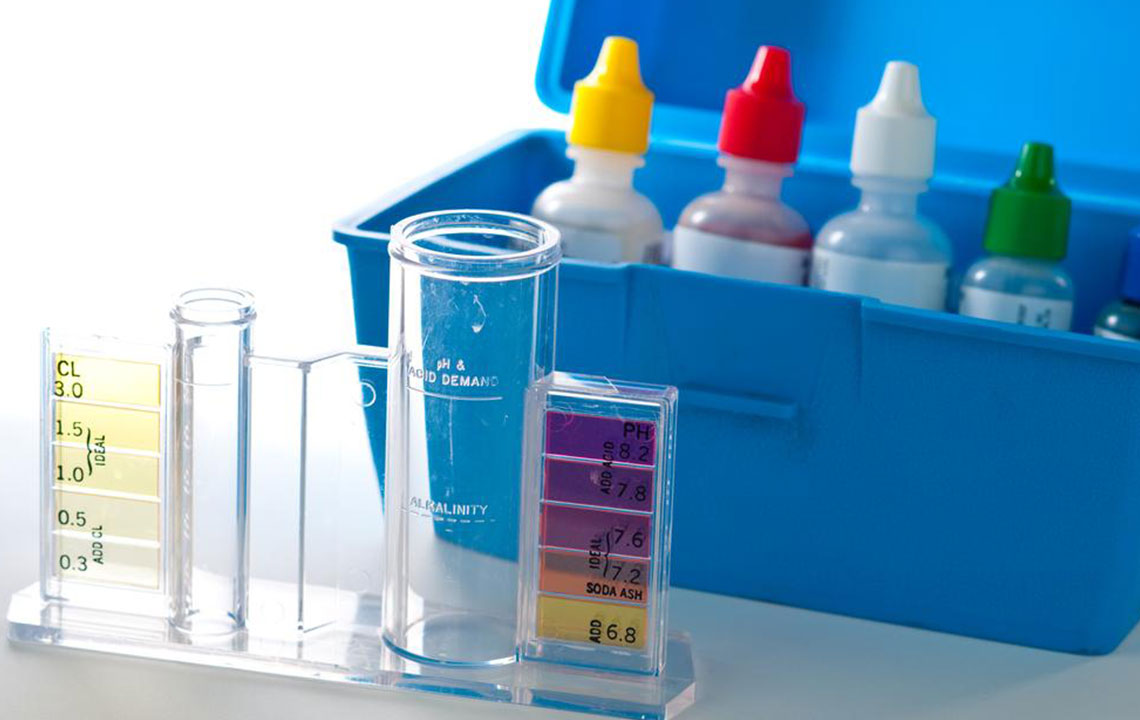Top 4 tests to diagnose diabetes
Anyone who has diabetes or prone is to it must get themselves checked regularly to ensure that their blood sugar levels don’t rise too high. No matter what age you are, if you have a family history of heart diseases and diabetes, then a regular diagnosis of diabetes is a must. There are various diabetes tests that can be done to check the levels of blood sugar. Some of them are explained below.

Random Blood Sugar Test
In a random blood sugar test, which is more precisely known as the Random Plasma Glucose (RPG) Test, the doctor takes a blood sample for testing. It does not depend on when you had your meal. You don’t need to fast nor do you need to eat your meal after a certain interval of time to take this test. It is one of the easiest diabetes tests but sometimes is not very accurate.
A1C Test
This is one of the most recommended diabetes tests and can help determine the blood sugar levels from the previous couple of months. There is no restriction to eating or drinking before this test. Many factors are considered by doctors before recommending this test like the age of the patient or whether the patient has any blood–related problems like anemia. If a patient has anemia then this test would not give accurate results as this test gives the measure of the hemoglobin attached blood sugar.
Fasting Blood Sugar Test
This test is quite common and requires the patient to fast overnight. You can take one or two sip of water in the morning but no solid food.
Oral Glucose Tolerance Test
This blood test is first done after an overnight fast. Then the patient is asked to consume a sugary liquid and then the blood sugar is tested again after every couple of hours. This is most often done in case of diagnosing gestational diabetes.
So, these are some of the most important diabetes tests that are advised by the doctors to check whether your blood glucose levels are normal or not. If they are not, appropriate steps must be taken to bring it under control.




